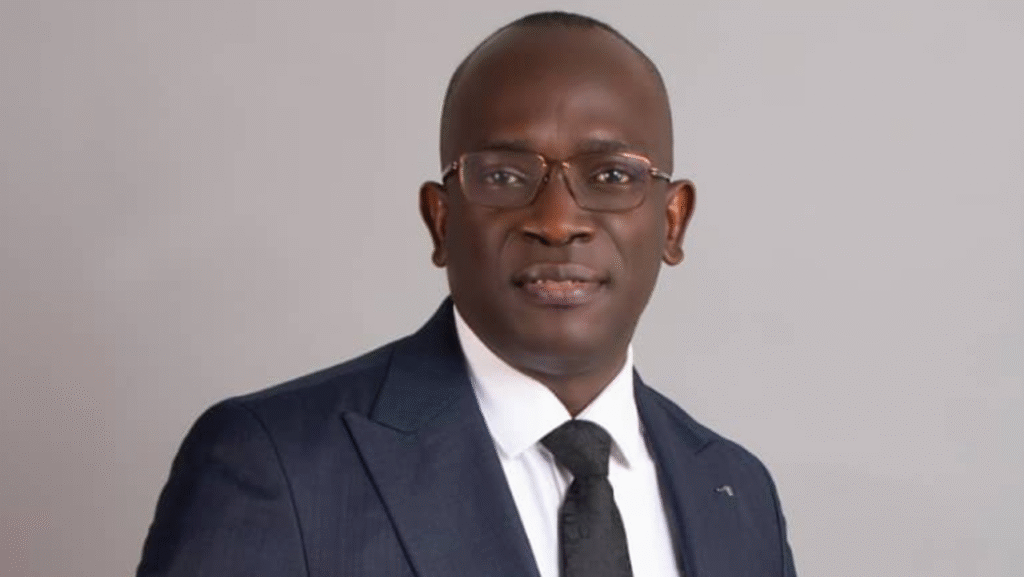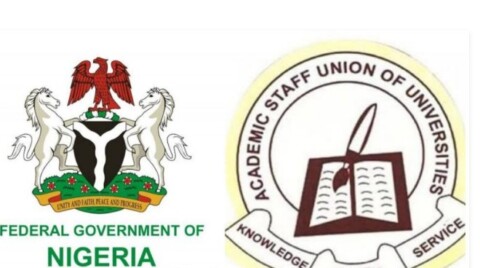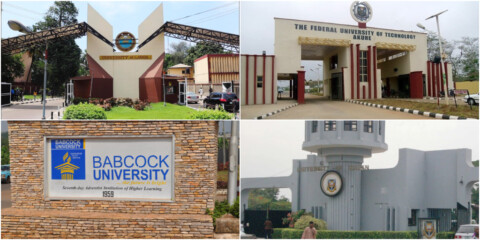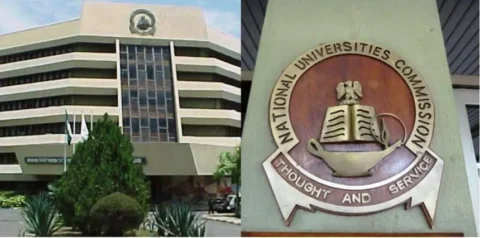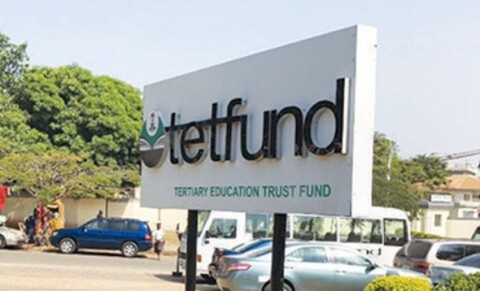Education and industry experts have called for a new strategic framework to bridge the widening gap between the skills required in today’s job market and the content of academic curricula. This, they believe, is essential to address the persistently low employability rates among Nigerian graduates.
The appeal was made during the NAAC Business Leadership Roundtable, themed “Realigning Tertiary Education for Nigeria’s Growth and Sustainable Development Conceptual Framework,” held at Nubian American Advanced College (NAAC) in Lekki, Lagos.
Representing the Nigeria Employers’ Consultative Association (NECA), Mr. Adewale Oyerinde expressed concern over the growing mismatch between university education and workplace demands. He referenced the National Bureau of Statistics (NBS) Q1 2024 report, which puts Nigeria’s unemployment rate at 5.3%, with youth unemployment and underemployment remaining disproportionately high.
“Despite the volume of graduates produced annually, employers continue to face challenges in finding candidates with the right skills,” Oyerinde stated. He attributed this to outdated curricula, minimal industry-academic collaboration, poor soft skills, digital illiteracy, a lack of practical training opportunities, insufficient funding, and ongoing brain drain.
He further noted that many organizations are forced to retrain new graduates, which increases operational costs and reduces efficiency.
To overcome these challenges, Oyerinde proposed a sustained partnership among academic institutions, industry players, and the government. He emphasized that such synergy is crucial for reshaping Nigeria’s education landscape and building a more competitive and prosperous nation.
He also advocated the adoption of Transnational Education (TNE) as a key strategy to improve academic quality and incorporate global standards into Nigerian higher education. “TNE can expand access to quality education, introduce international best practices, and build capacity in local institutions through strategic collaborations with reputable foreign universities,” he said.
Dr. Azhinoto Ikpah, Chairman of NAAC, echoed this sentiment, stressing that curricula should be industry-relevant. He also called for greater collaboration between businesses, regulatory bodies, and academic institutions to ensure graduates are better prepared for the realities of the job market.
Chairman of the occasion and Archdeacon of Abijo Archdeaconry, Kiri Wakama, highlighted the importance of revamping how future generations are educated. He underscored the need to move beyond theoretical learning and instead promote hands-on experience, creativity, and deeper engagement between academia and industry.
“When the private sector plays an active role in shaping academic curricula, the result is a more dynamic and responsive education system,” Wakama noted.
Also speaking, Adeniran Kasali, Permanent Secretary of the Lagos State Ministry of Tertiary Education, emphasized that reviewing the higher education curriculum is key to achieving global competitiveness.
Meanwhile, Prof. Idris Bugaje, Executive Secretary of the National Board for Technical Education (NBTE), highlighted the agency’s commitment to regularly updating skill standards under its Technical and Vocational Education and Training (TVET) strategy. According to him, the board continuously revises these standards to align with both national development goals and advances in technology.

